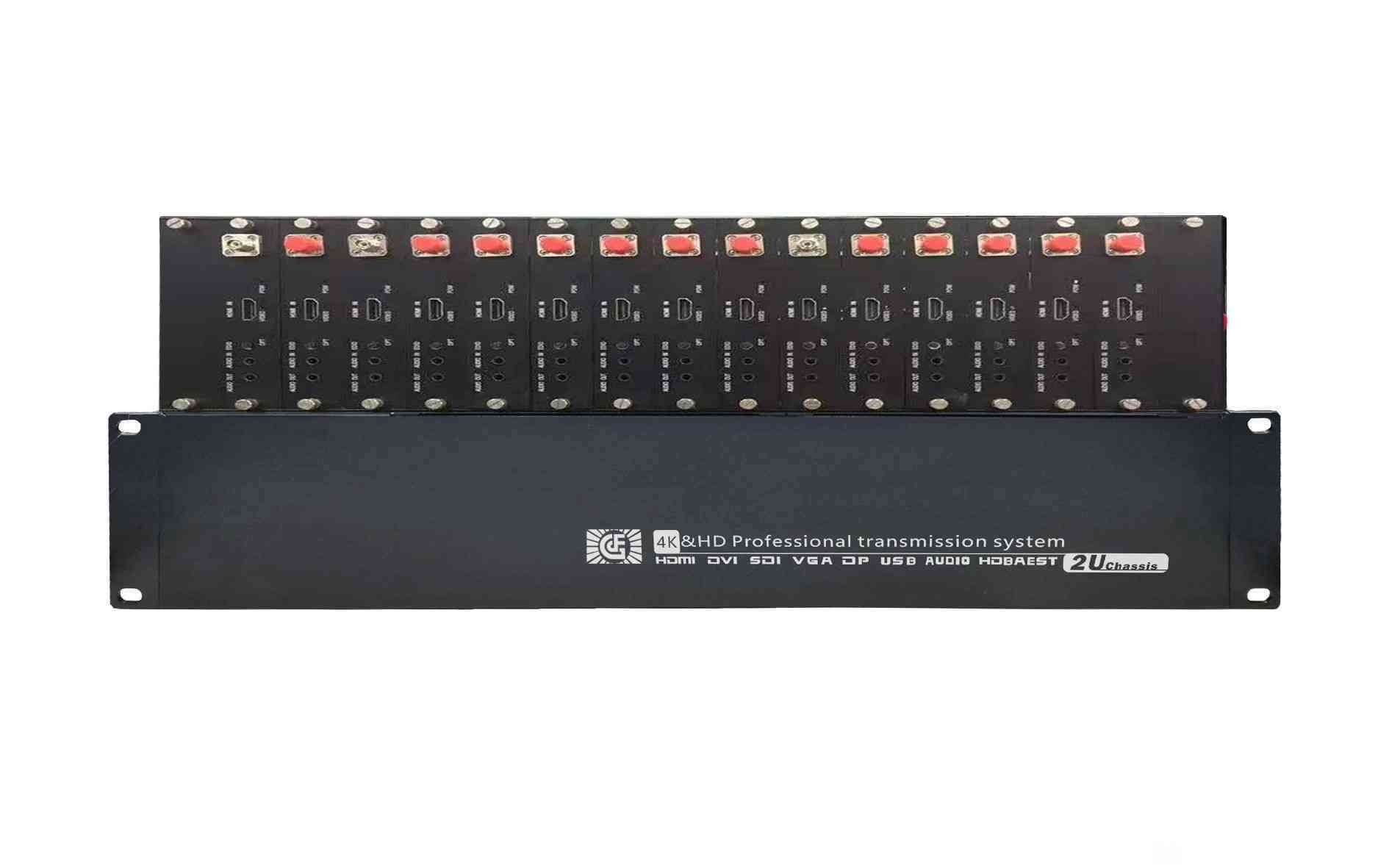Table of Contents
Benefits of Using Fiber Matrix in Industrial Applications
Fiber Matrix is a high-grade material that has gained popularity in industrial applications due to its numerous benefits. One of the key advantages of using Fiber Matrix is its exceptional strength and durability. This material is made up of a combination of fibers, such as carbon, glass, or aramid, that are woven together to create a strong and resilient matrix. This makes Fiber Matrix ideal for use in industries where high strength and durability are essential, such as aerospace, automotive, and construction.
In addition to its strength, Fiber Matrix is also lightweight, which makes it an attractive option for industries looking to reduce weight without compromising on performance. The lightweight nature of Fiber Matrix makes it ideal for applications where weight savings are critical, such as in the aerospace industry where every pound saved can result in significant fuel savings.
Furthermore, Fiber Matrix is highly resistant to corrosion and Chemicals, making it an excellent choice for industries that operate in harsh environments. This material can withstand exposure to a wide range of chemicals and corrosive substances without deteriorating, making it a reliable option for applications where corrosion resistance is essential.

Another benefit of using Fiber Matrix is its versatility. This material can be customized to meet the specific requirements of different industries, making it a versatile option for a wide range of applications. Whether it is used for structural components, protective coatings, or insulation, Fiber Matrix can be tailored to suit the needs of various industries.
Moreover, Fiber Matrix is also known for its excellent thermal and electrical conductivity properties. This makes it an ideal material for applications where heat dissipation or electrical conductivity is important. Industries such as electronics, Telecommunications, and energy generation can benefit from the thermal and electrical conductivity of Fiber Matrix.
Additionally, Fiber Matrix is a sustainable material that is environmentally friendly. Unlike traditional materials such as metals or plastics, Fiber Matrix is made from natural fibers that are renewable and biodegradable. This makes it a sustainable option for industries looking to reduce their environmental impact and promote sustainability.
In conclusion, Fiber Matrix is a high-grade material that offers numerous benefits for industrial applications. From its exceptional strength and durability to its lightweight nature, corrosion resistance, versatility, thermal and electrical conductivity properties, and sustainability, Fiber Matrix is a versatile and reliable option for a wide range of industries. By choosing Fiber Matrix for their applications, industries can benefit from a material that offers superior performance, durability, and environmental sustainability.
How Korea High Grade Corp. is Revolutionizing the Fiber Matrix Industry
Fiber matrix materials have become increasingly important in various industries, from aerospace to automotive, due to their lightweight and high-strength properties. Korea High Grade Corp. is at the forefront of revolutionizing the fiber matrix industry with its innovative products and cutting-edge technology.
Korea High Grade Corp. has established itself as a leader in the development and production of high-grade fiber matrix materials. The company’s commitment to research and development has led to the creation of advanced materials that offer superior performance and durability compared to traditional materials.
One of the key factors that sets Korea High Grade Corp. apart from its competitors is its focus on quality control. The company employs strict quality control measures throughout the production process to ensure that its fiber matrix materials meet the highest standards. This attention to detail has earned Korea High Grade Corp. a reputation for producing some of the highest quality fiber matrix materials in the industry.
In addition to quality control, Korea High Grade Corp. also places a strong emphasis on innovation. The company invests heavily in research and development to stay ahead of the curve and develop new materials that push the boundaries of what is possible in the fiber matrix industry. This commitment to innovation has led to the development of materials that are lighter, stronger, and more durable than ever before.
Korea High Grade Corp. offers a wide range of fiber matrix materials to meet the needs of various industries. From carbon fiber composites to glass fiber materials, the company’s product lineup is diverse and versatile. This versatility allows customers to find the perfect material for their specific application, whether it be in aerospace, automotive, or any other industry that requires high-performance materials.
One of the key advantages of Korea High Grade Corp.’s fiber matrix materials is their lightweight nature. These materials are significantly lighter than traditional materials such as steel or Aluminum, making them ideal for applications where weight is a critical factor. This weight savings can Lead to improved fuel efficiency in automotive applications, increased payload capacity in aerospace applications, and a host of other benefits across various industries.
Another key advantage of Korea High Grade Corp.’s fiber matrix materials is their high strength-to-weight ratio. These materials are incredibly strong for their weight, making them ideal for applications where strength is a critical factor. This high strength-to-weight ratio allows for the design of lighter, more efficient structures that can withstand higher loads and stresses than traditional materials.
In conclusion, Korea High Grade Corp. is revolutionizing the fiber matrix industry with its innovative products and cutting-edge technology. The company’s commitment to quality control, innovation, and versatility has set it apart as a leader in the industry. With a wide range of high-grade fiber matrix materials available, Korea High Grade Corp. is well-positioned to meet the needs of various industries and continue pushing the boundaries of what is possible in the world of fiber matrix materials.

